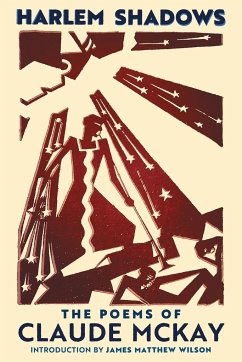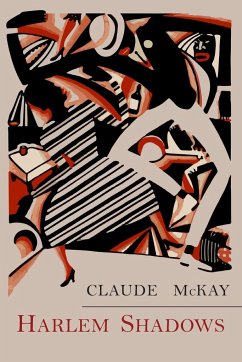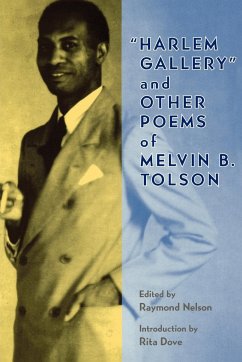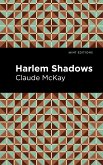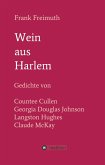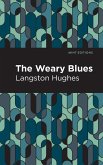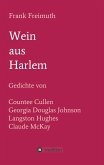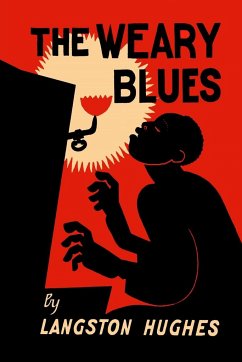From the late 1910s to the mid 1930s, Harlem, New York City, was the center of an explosion of African-American social, artistic, and intellectual expression that came to be known as the Harlem Renaissance. Drawing African-Americans by the thousands to the 3-square-mile neighborhood in Manhattan, this historic movement represented, in the words of the author Claude McKay's contemporary Alain Locke, a "spiritual coming of age" that transformed the outlook of newly-emancipated people from one of "social disillusionment to race pride." Among the many figures whose thought and writings impelled the Harlem Renaissance was the young poet Claude McKay, a Jamaican farmer of African descent who left his Caribbean village to pursue an intellectual life in the United States. Harlem Shadows, first published in 1922, is a collection of the author's best poems, which cemented his role as a leader of the movement. Harlem Shadows deals with a wide variety of themes-from nostalgic tales of the peaceful peasant life in Jamaica, to pragmatic criticisms on racial injustice in the United States, to poignant lamentations over the degradation of African-Americans in a debased urban environment, to simple but insightful descriptions of everyday life in America. The poems here presented offer much food for reflection, as McKay explores his life experiences and ancestral values through the lens of his own developing personal philosophy, shaped at the time by his Communist leanings, but with a sense of yearning for the Catholicism to which he would ultimately convert.
Bitte wählen Sie Ihr Anliegen aus.
Rechnungen
Retourenschein anfordern
Bestellstatus
Storno

